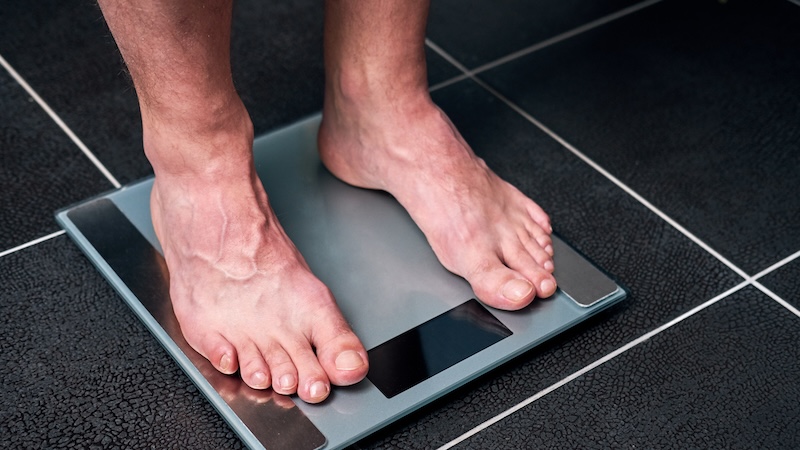Health: 4 Ways to Improve Your Cholesterol
Weekly wellness tips for your weekly wellness

Every cell in your body contains cholesterol – it’s an important building block for tissues that make up your organs – but if your levels are out of whack, it can spell all kinds of health trouble. Too much LDL cholesterol gloms up the walls of your blood vessels and can lead to heart disease. HDL, on the other hand, is considered the “good” cholesterol because it transports LDL out of your body. So low HDL is actually an issue. Try these simple strategies to bring your levels back into balance.
Go to Seed
Oils made from seeds like sunflower, safflower and flax were shown to be most effective for lowering LDL cholesterol, according to German researchers – especially as a replacement for butter. (For the record, safflower topped the list, followed by canola and sunflower.) Other plant-based oils have perks too. Soybean and corn oils were found to help reduce triglycerides – another type of fat in the blood, similar to LDL, that can cause heart disease.
Crunch on This
A nut-rich diet can do wonders for your cholesterol. People who consume around 2 1/2 ounces a day (about two big palmfuls) typically lower their LDL cholesterol by a substantial 7%, according to a meta-analysis published in the Archives of Internal Medicine. One reason nuts may improve cholesterol is because they act as prebiotics – meaning they feed the good bacteria in your gut. Prebiotics encourage these bugs to generate beneficial compounds, such as butyrate, a substance that triggers enzymes that help tamp down your blood cholesterol.
Get Down with Grains
Oats always steal the spotlight for their cholesterol-lowering qualities, but barley is also worth digging into. Adults who added barley to their diets reduced LDL levels by 7%, on average, according to a scientific review published in the European Journal of Clinical Nutrition. Like oats, barley is rich in beta-glucan, a type of fiber that’s been shown to rein in levels of “bad” cholesterol. The researchers recommend getting about 3 grams of beta-glucan each day – 3/4 cup cooked pearl barley has about 2 1/2 grams, while cooked oatmeal offers just shy of 2 grams per 1 cup.
Think Beyond Food
Research suggests that adding regular exercise may be more effective for healthy cholesterol levels than changing what you eat alone. Working out ramps up your muscles’ ability to burn fat as fuel, which helps clear cholesterol from the blood. Exercise may also activate enzymes that increase the production of HDL. For best results, the authors of a study published in the journal Sports Medicine recommend doing at least 30 minutes of cardio five times a week and incorporating light strength training into your routine.
But What About Eggs?
While the research is mixed, eating foods that contain cholesterol, in moderation, is unlikely to make your numbers skyrocket. Having a large egg (186 mg cholesterol) may temporarily nudge up your total blood cholesterol by an estimated 4-5 mg/dL. But only a small amount of cholesterol in the blood comes from the cholesterol in food; the majority is made by the liver. When most people eat too much of the stuff, their body compensates and makes less. In fact, saturated fat is a bigger culprit in spiking levels because it spurs the body to make more cholesterol. If you have heart disease risk factors, however, you may want to consult your doctor about dietary cholesterol.


